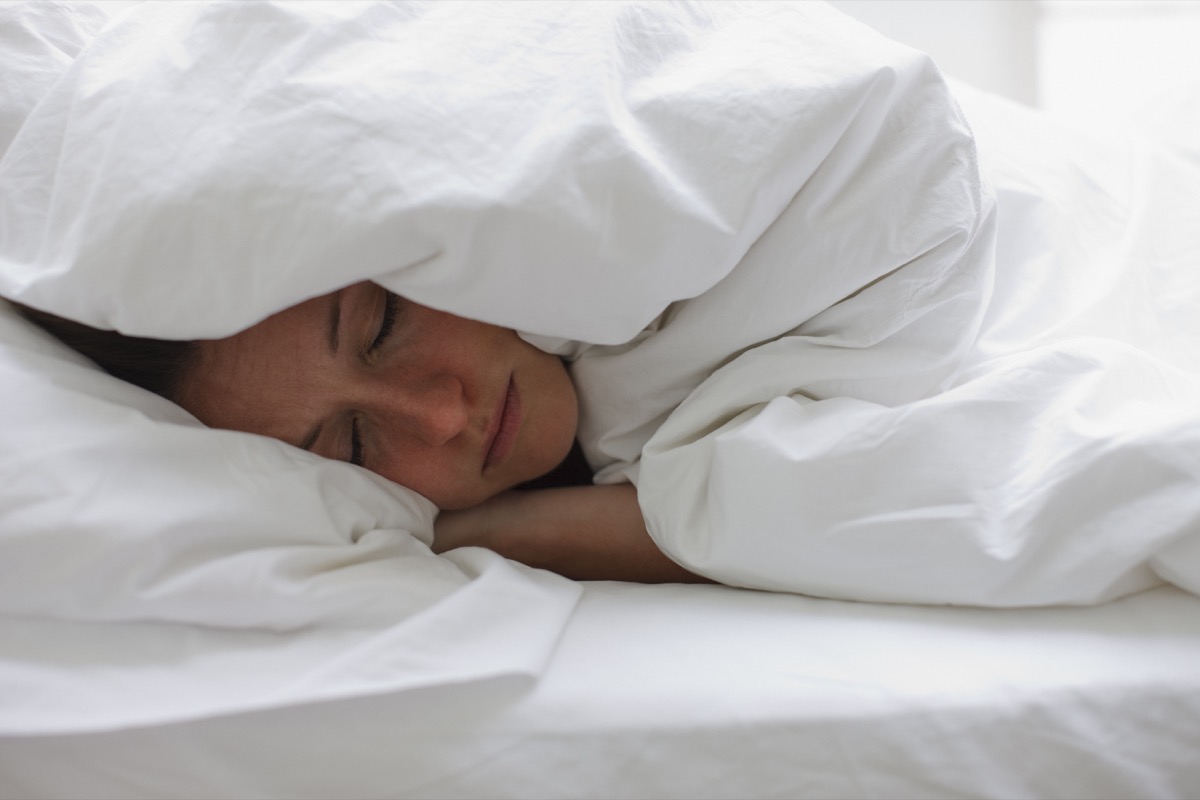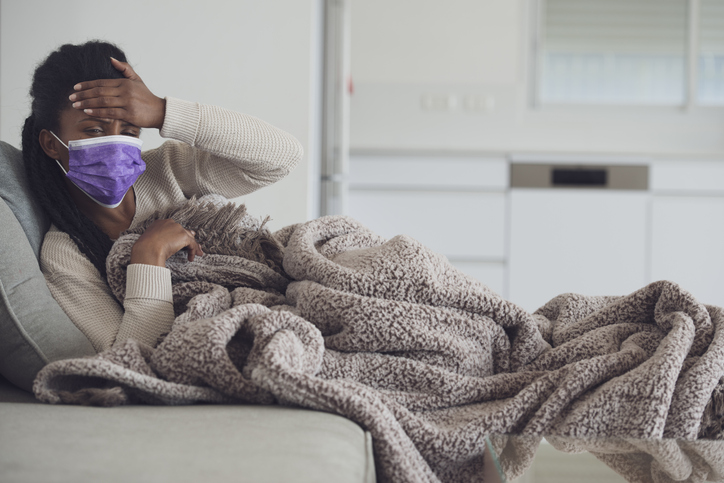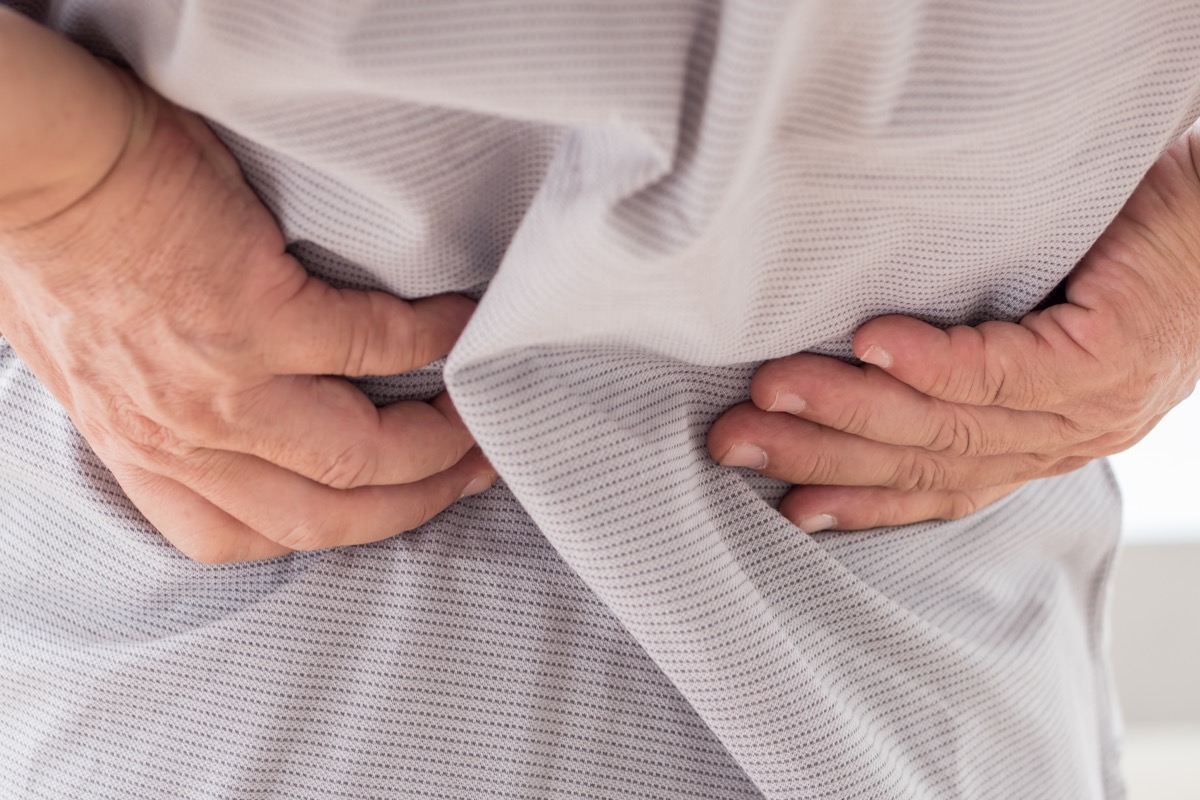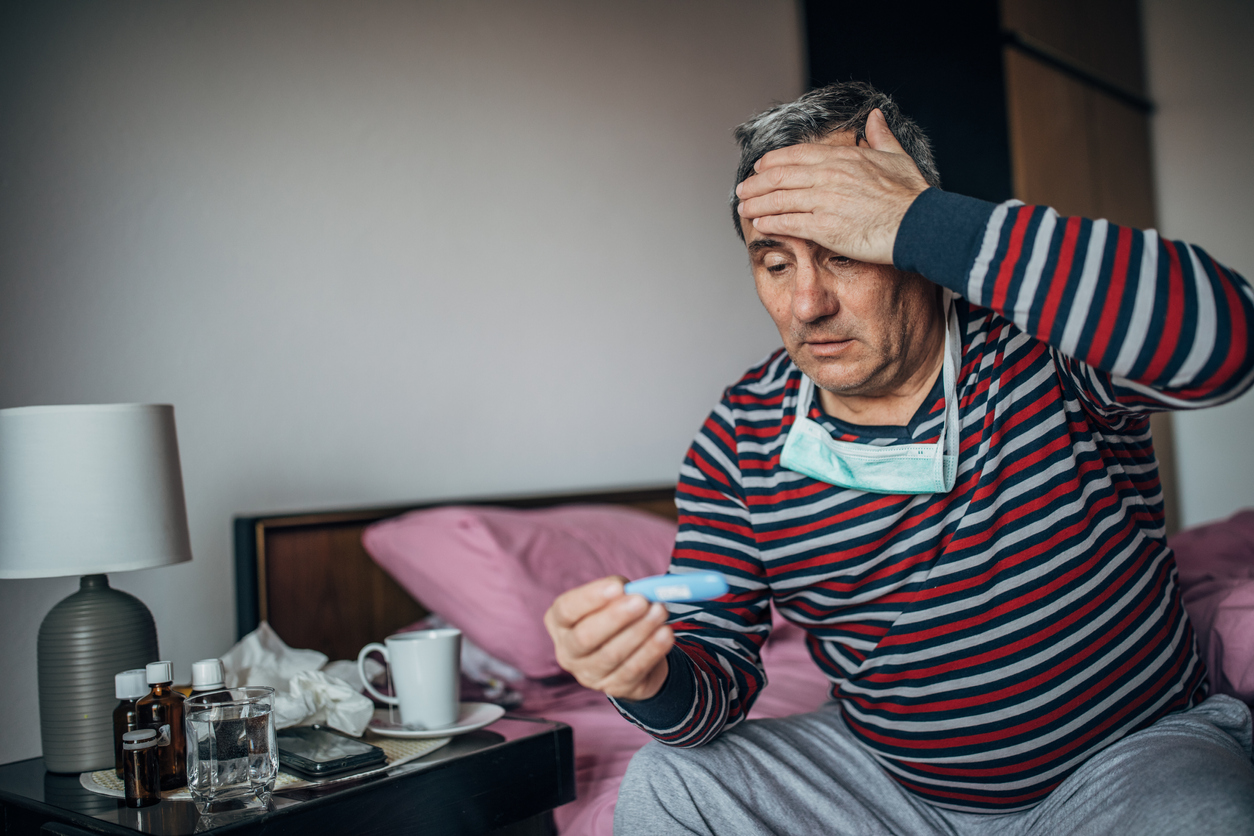According to a report from NPR, the U.S. Occupational Safety and Health Administration (OSHA) previously stated in 2009 that employers are legally allowed to enforce flu vaccine requirements for staff—which would mean that COVID vaccines will likely follow that precedent. However, employees also retain the right to refuse any required vaccination on religious or medical exemptions, which are protected under strict federal anti-discrimination laws. “Employment in the United States is generally ‘at will,’ which means that your employer can set working conditions,” Dorit Reiss, a law professor at the University of California, Hastings, who specializes in legal and policy issues related to vaccines, told AARP in September. “Certainly, employers can set health and safety work conditions, with a few limits.” But experts point out that since each dispute is individually investigated, the process can become too expensive and drawn out for employers to actually enforce. And with 42 percent of the public saying they are still unsure they will be confident enough to take an early round of the vaccine, according to a Nov. 17 Gallup poll, some expect that any such mandate will likely cause problems. “It’s going to have lots of pushback, and lots of people are going to claim exemptions,” Y. Tony Yang, executive director of the Center for Health Policy and Media Engagement at George Washington University, told NPR. While Pfizer, Moderna, and AstraZeneca all await official approval on their vaccines, volunteers in clinical trials and doctors have shared what the vaccine actually feels like. Read on to find out what you might expect if and when you get your shot, and for more on the inoculation process, check out Dr. Fauci Says This Many People Need to Get Vaccinated to Stop COVID. Read the original article on Best Life. The most common side effect trial volunteers experienced is also one of the most common symptoms of COVID: fatigue. According to Science magazine, the independent board that analyzed Moderna’s trial found that 9.7 percent of subjects experienced severe fatigue, while for the Pfizer/BioNTech trial, the numbers were quite a bit lower: 3.8 percent of subjects reported feeling fatigued. “If you feel something after vaccination, you should expect to feel that,” Patsy Stinchfield, APRN, a Children’s Minnesota nurse practitioner, told NBC News. “It’s normal to have some arm soreness or fatigue.” And for more on how to tell if your sleepiness is serious, check out This Is How to Tell If Your Fatigue Could Be COVID, Doctors Say. Science reports that fewer than 2 percent of subjects in the Pfizer and Moderna vaccine trials developed severe fevers over 102 degrees Fahrenheit. But Luke Hutchison, a participant in the Moderna trial, was one of the unlucky few. Just hours after he got his shot, he experienced cold and hot flashes, bone and muscle aches, and a high fever (over 102 degrees Fahrenheit) that left him shaking. However, his symptoms cleared up after 12 hours. “Given that COVID can kill or incapacitate people, everybody should bite the bullet and expect a rough night,” he told Science of his experience. And for more firsthand accounts, check out This Is What Getting a COVID Vaccine Feels Like, Volunteers Say. Ian Haydon, another Moderna trial volunteer who received a higher dose of the vaccine, experienced a headache, muscle aches, fatigue, and nausea as a result. Soon, his side effects worsened, and when he vomited and fainted, he admitted himself to urgent care. “For me, this was a rough day,” he told Science. “But if you compare it to what COVID can do, I think it really pales in comparison.” Though he called it “a small price to pay” for a potential return to normalcy, reactions like Haydon’s are what led Moderna to reduce the dosage of the vaccine from 250 micrograms to 100 micrograms. And if you’re worried about a stomach ache, check out This Is How to Tell If Your Upset Stomach Is COVID, Doctors Say. As Hutchison and Haydon experienced, muscle aches are common side effects of the vaccine. In the Moderna trial, 8.9 percent of subjects experienced muscle pain, ranking as the second most reported side effect behind fatigue, Science reports. “We are asking people to take a vaccine that is going to hurt,” William Schaffner, MD, a professor of preventive medicine and health policy at Vanderbilt University Medical Center, told NBC News. “There are lots of sore arms and substantial numbers of people who feel crummy, with headaches and muscle pain, for a day or two.” And for more regular updates on COVID, sign up for our daily newsletter. According to Science, 4.5 percent of Moderna trial subjects experienced headaches, while only 2 percent of Pfizer volunteers felt the same. But the side effect can be severe in some cases. A middle-aged North Carolina woman who participated in the Moderna trial told CNBC she had a migraine “that left her drained for a day and unable to focus.” Though her symptoms did dissipate the next day, she warned that the experience could mean “you will need to take a day off after the second dose.“ae0fcc31ae342fd3a1346ebb1f342fcb “If this proves to work, people are going to have to toughen up,” the volunteer told CNBC. “The first dose is no big deal. And then the second dose will definitely put you down for the day for sure.” And for more on how to avoid getting sick, check out This Is When Someone Is Most Likely to Give You COVID, Study Shows.




